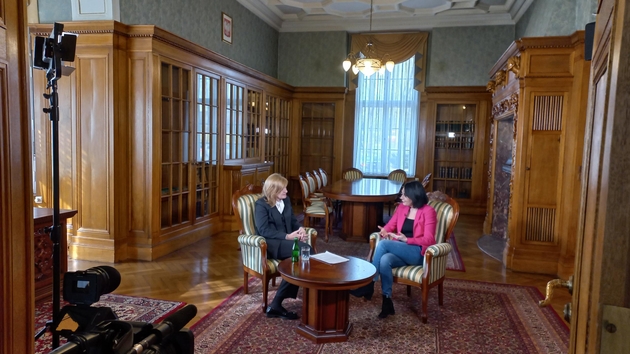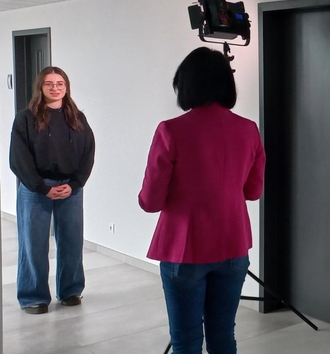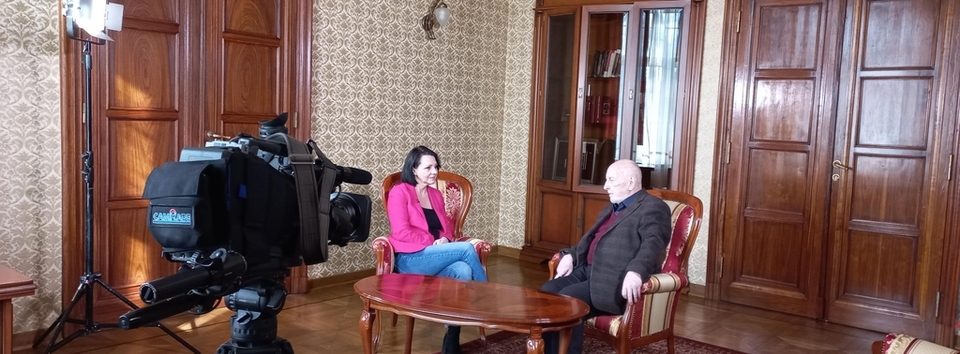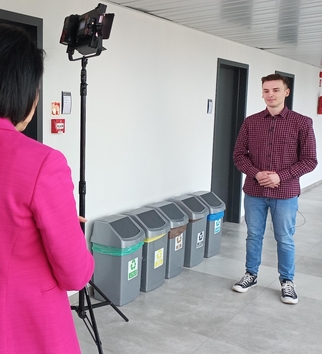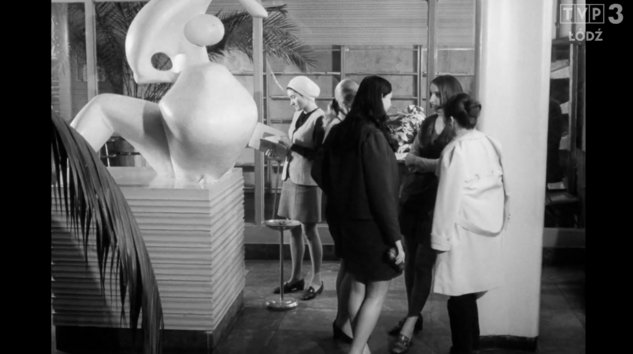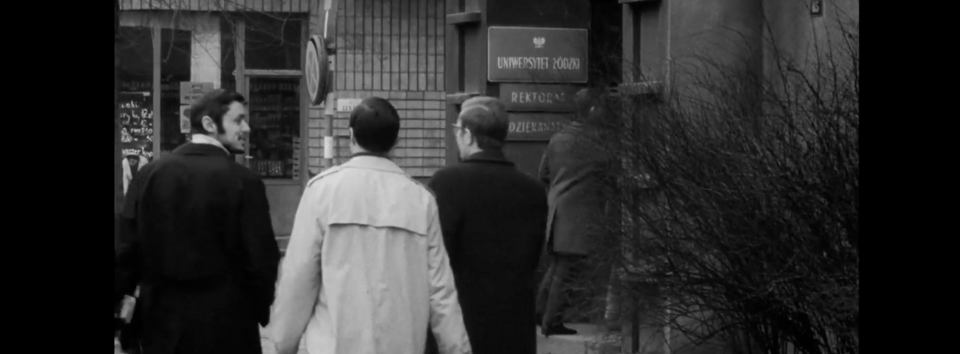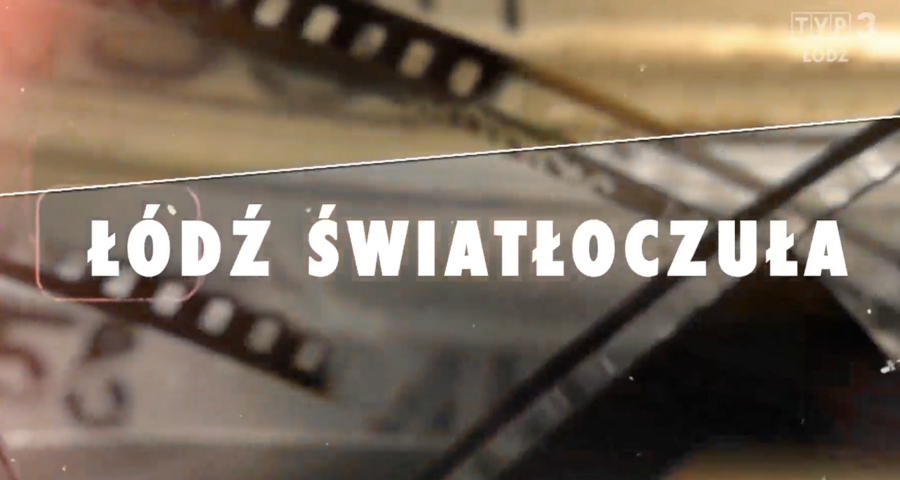University of Lodz in the past and now
An academic journal from 1945 wrote: the inhabitants of Lodz were surprised when the first student caps appeared on the streets a few weeks ago. They were surprised because Lodz had not had its own University before.
"Portret uniwersytetu" [A portrait of the university] by Stanisław Grabowski, produced by Wytwórnia Filmów Oświatowych, 1970
Prof. Elżbieta Żądzińska, Rector of the University of Lodz, is one of the people who talk about our university in the TV show:
The University of Lodz was established on 24 May 1945. Its beginnings included four faculties: mathematics and natural sciences, law and economics and humanities. Medical study programmes were added to these faculties in the fall. More than 20 study programmes, now, for comparison, we have 164 of them. Nearly 80 years of the university's existence have meant enormous development – currently we have 13 faculties, very extensive research apparatus, investments in buildings, such as the Faculty of Philology, the Faculty of Law and Administration, i.e. the famous section sign , Faculty of Management, Institute of Psychology, Molecular Biology pavilion, academic housing estate, well-adapted University of Lodz Library, Righteous Among the Nations State Secondary School of the University of Lodz, which has been in the top three best secondary schools for years – this year it is 2nd according to the Perspektywy ranking.
The statements include historical threads, which are presented in a simple and interesting way by Prof. Wieslaw Puś, Rector of the University of Lodz (2002-2008):
After World War II, there was no longer any resistance to establishing higher education institutions in Lodz. Lodz, which was not destroyed, was a place where it was actually possible to establish a university and, of course, invite here those who survived the war – academic circles from Vilnius, Lviv and Warsaw. There were already 9,000 students in 1949, which made the university second only to the Jagiellonian University. The students were people from various backgrounds, many former partisans, also many from working-class and peasant youth.
In the material we can also see current students and learn about the University of Lodz from their perspective. Jerzy Gałęziewski (Faculty of Mathematics and Computer Science) and Karolina Kołacz (Faculty of Philology) talk about studying at the university, about the development opportunities the university offers them and why they chose it.
The university offers a lot of opportunities and supports students in pursuing their passions, both scientific and outside the university, e.g. sports or art. I have a friend in my group who takes part in international sports competitions and can easily combine her professional career with her studies (editor's note: Studies and Sport Programme at the University of Lodz)
– Jerzy Gałęziewski.
You can find more about the history of the University of Lodz on the website of the university.
Source: Iwona Ptaszek-Zielińska, Press Office (Communications and PR Centre, University of Lodz)
Archival materials: Wytwórnia Filmów Oświatowych

